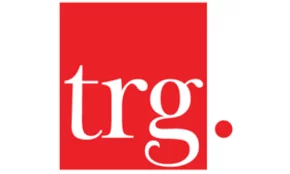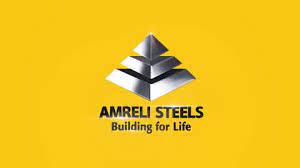London November 14 2021: Near-term scrap and rebar futures contracts on the London Metal Exchange saw losses over the week to Nov. 11, while trading volumes also dropped.
Platts assessed the November contract down $4/mt week on week at $489.50/mt on Nov. 11. The December contract fell $8.50/mt week on week to $464.50/mt. The January contract dropped $11/mt week on week to $460/mt and the February contract fell $13/mt to $459.50/mt.
The backwardated structure for the November-January portion of the forward curve strengthened week on week, suggesting that futures traders expect near-term scrap prices to soften. The January to February portion of the LME scrap forward curve shifted into slight backwardation from a slight contango a week earlier.
A L S O || R E A D
Respite in Trans-Pacific Container Premium Rates could be Short-lived
Turkish deepsea import ferrous scrap prices showed slight softening during the week, as recyclers remained stay firm on their offers. Spot prices for physical imports of premium heavy melting scrap 1/2 (80:20) fell $1.50/mt week on week to $498.50/mt CFR Turkey on Nov. 11. Platts assessment has remained within a $494-$500/mt CFR range since Oct. 27.
“There are too many factors to limit a decrease, including the winter [collection] conditions and strong US and EU scrap markets, and if China is stable, the mills will be more confident to buy as they still need 10 more cargoes for December shipment,” a Turkish trader said.
Turkish mills are yet to procure cargoes for January shipment, amid uncertainty on near-term finished steel demand, although a Baltic-origin offers were heard around $505/mt CFR for January shipment.
Weekly LME scrap futures trading volumes over the week to Nov. 11 totaled 31,320 mt, down from 37,030 mt recorded the previous week.
Near-term rebar futures contracts also saw losses on the week, in line with scrap, as market sources expected physical Turkish export rebar prices to drop amid slow demand.
Platts assessed the November contract down $9/mt week on week to $720.50/mt on Nov. 11, while the December contract fell $18.50/mt to $694.50/mt week on week. The January contract dropped $11/mt to $694.50/mt, while the February contract lost $13/mt week on week to $689.50/mt.
The backwardated structure of the November-December portion of the forward curve continued to strengthen week on week, suggesting that futures traders still expect near-term rebar prices to be less firm.
The backwardated structure of the December to January portion of the curve shifted into a flat structure, while the backwardation over the January to February portion of the curve strengthened slightly.
Turkish physical rebar export prices dropped $12.50/mt week on week to $730/mt FOB on Nov. 11. Most Turkish mills tried to maintain elevated offers for Turkish rebar in the export market amid high energy costs. However, a continuous lack of noticeable demand kept pressure on workable levels. Sources reported some deals to Israel, Yemen and Romania; however, they were not deemed significant enough to turn the negative market sentiment around.
“The market is really complicated,” one Turkish trader told Platts. “There is no demand at all, but the costs are still there. Some mills are offering $730/mt FOB. Some of them are at $750/mt FOB offer levels.”
Rebar futures weekly trading volumes this week on the London Metal Exchange totaled 5,950 mt, down from 11,150 mt traded volume last week.
The daily outright spread between Turkish export rebar and import scrap was assessed at $231.50/mt Nov. 11, down $11/mt week on week.
Elsewhere, Indian scrap futures weekly trading volumes over the week to Nov. 11 on the London Metal Exchange totaled 120 mt, down from 210 mt trading volumes recorded last week.
A total of 990 mt has traded so far on the contract, which settles basis the Platts CFR Nhava Sheva shredded scrap index, since its launch in late July 2021.











